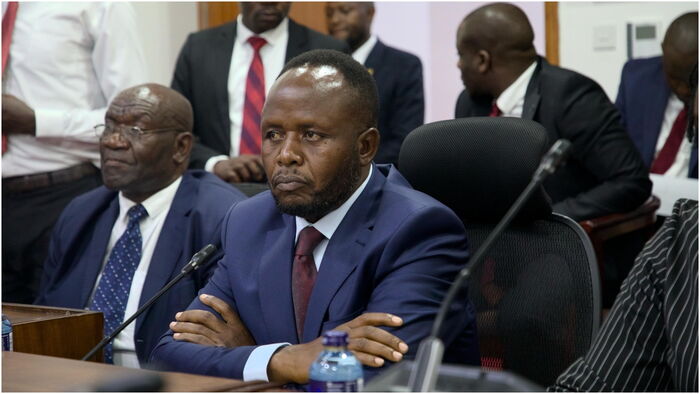
In a landmark push that could redraft Kenya’s legal and ethical landscape, Members of the National Assembly are calling for the complete repeal of Section 226 of the Penal Code, the law that currently criminalises attempted suicide. The move, driven by the Public Petitions Committee, seeks to pivot government response from punishment to healthcare and compassionate crisis support.
Law under Fire: Criminalisation, Stigma, and Rights Violations
Kenyan legislator Dr Lukoye Atwoli, a professor of psychiatry, spearheaded the petition, arguing that attempts to take one’s life should no longer be treated as crimes but recognised as cries for help rooted in mental health hardships. He insists the law inflicts more damage: stigmatizing survivors, obstructing access to critical care, and violating constitutional guarantees to dignity, equality, and the highest attainable standard of health.
Rights activists say the law belongs to Kenya’s colonial inheritance — pointing out that other nations have already decriminalised suicide attempts, interpreting them instead as medical emergencies.
Constitutional Ground and Court Precedent
This push aligns with a High Court ruling in January 2025, in which Justice Lawrence Mugambi declared Section 226 unconstitutional. The court held that the law violates several constitutional protections, including Article 27 (Equality and non-discrimination), Article 28 (Human dignity), and Article 43 (Right to health). The ruling argued that attempted suicide is a health issue, not a crime.
The Public Petitions Committee has built its case by consulting with the Kenya Law Reform Commission, the Attorney General’s Office, and the Department of Justice, all of which have voiced support for repealing the provision.
The Stakes Are Immense
If repeal passes, it would represent more than legislative reform:
- Legal relief for survivors: those who attempt suicide would no longer face criminal charges, fines, or jail time.
- Reduced stigma and better medical access: survivors may feel safer seeking psychological help without fear of legal consequences.
- Better public health outcomes: recognising suicidal behaviour as medical emergencies means prevention, therapy, and rehabilitative care could become the norm.
- Alignment with global and constitutional norms: Kenya would follow WHO recommendations and best practices in mental health, putting compassion and human dignity at the centre of law.







